| Model: | MOS 27848-84-6 |
| Place of Origin: | Zhejiang,China (Mainland) |
| Name: | Nicergoline |
| CAS: | 27848-84-6 |
| Molecular Formula: | C24H26BrN3O3 |
| Molecular Weight: | 484.39 |
| Content: | 98%min |
| Brand: | MOSINTER |
| Synonyms 1: | fi6714 |
| Synonyms 2: | 1-methyl-lumilysergol8-(5-bromonicotinate)10-methylether |
| storage temp.: | 2-8°C |
| Water Solubility: | Soluble in alcohol, chloroform, and acetone. Insoluble in water. |
- Have any questions?
- +86-189 8930 5995
- sales@mosinterchem.com.cn
Nicergoline CAS 27848-84-6

Mesna CAS 19767-45-4
05/12/2018
Calcitriol CAS 32222-06-3
05/12/2018Nicergoline CAS 27848-84-6 1-methyl-lumilysergol8-(5-bromonicotinate)10-methylether
Nicergoline (INN, marketed under the trade name Sermion) is an ergot derivative used to treat
senile dementia and other disorders with vascularorigins. It decreases vascular resistance and
increases arterial blood flow in the brain, improving the utilization of oxygen and glucose by
brain cells. It has similar vasoactive properties in other areas of the body, particularly the lungs.
It is used for vascular disorders such as cerebral thrombosis and atherosclerosis, arterial blockages
in the limbs, Raynaud’s disease, vascularmigraines, and retinopathy.
Nicergoline has been registered in over fifty countries and has been used for more than three decades
for the treatment of cognitive, affective, and behavioral disorders of older people.
Persons suffering from acute bleeding, myocardial infarction (heart conditions), hypertension,
bradycardia or using alpha or beta receptor agonists should consult with their physician before use.
Although toxicology studies have not shown nicergoline to have any teratogenic effect, the use
of this medicine during pregnancy should be limited to those cases where it is absolutely necessary.
On 28 June 2013 the European Medicines Agency recommended restricting the use of medicines
containing ergot derivatives, including nicergoline. They stated that “these medicines should no
longer be used to treat several conditions involving blood circulation problems or problems with
memory and sensation, or to prevent migraine headaches, since the risks are greater than the
benefits in these indications. This is based on a review of data showing an increased risk of fibrosis
(formation of excess connective tissue that can damage organs and body structures) and ergotism
(symptoms of ergot poisoning, such as spasms and obstructed blood circulation) with these medicines.”
Nicergoline is considered unsafe in porphyria.
The side effects of nicergoline are usually limited to nausea, hot flushes, mild gastric upset, hypotension
and dizziness.At high dosagesbradycardia, increased appetite, agitation, diarrhea and perspiration have
been known to occur. A single case of acute interstitial nephritis has been reported.
You must be logged in to post a review.
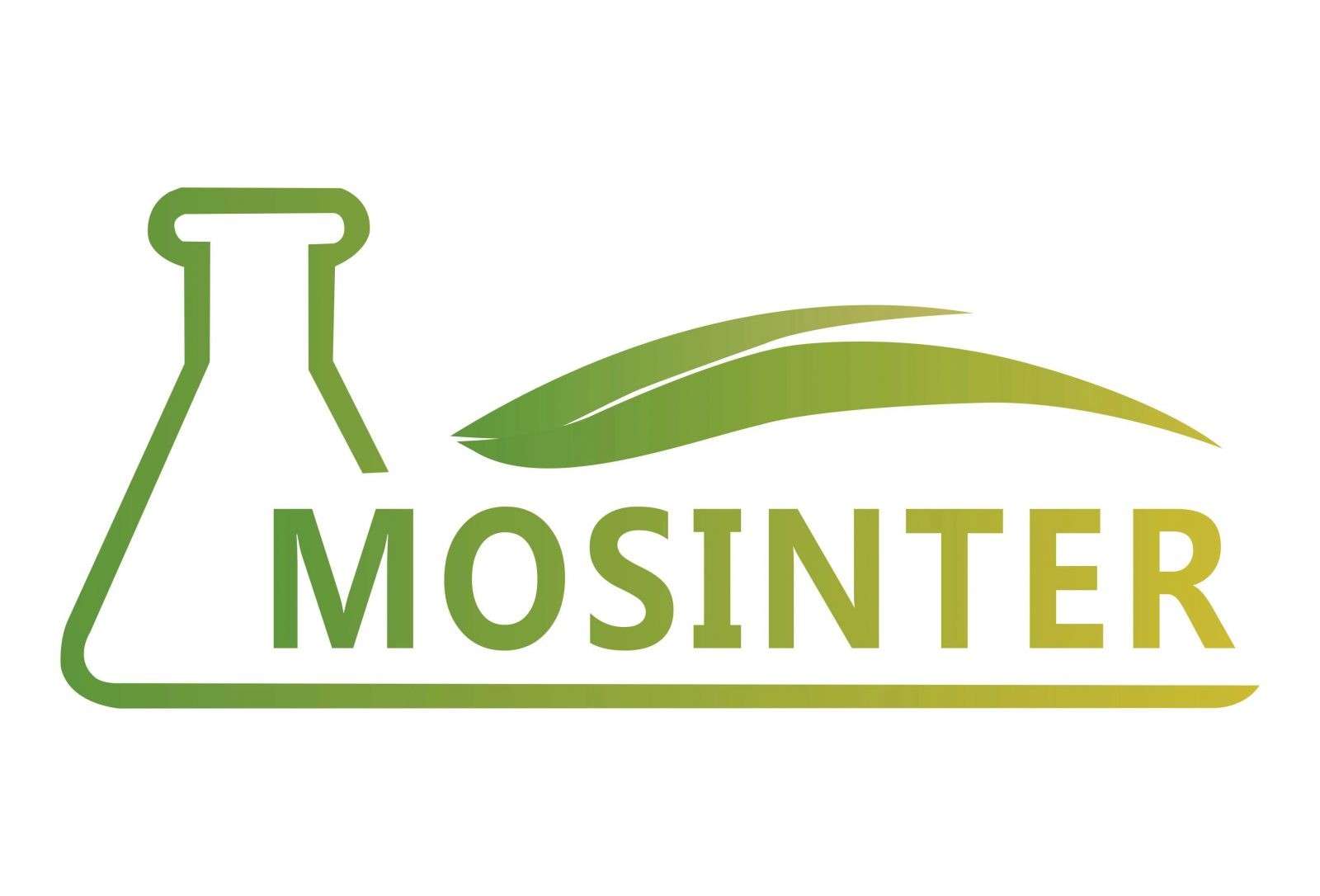
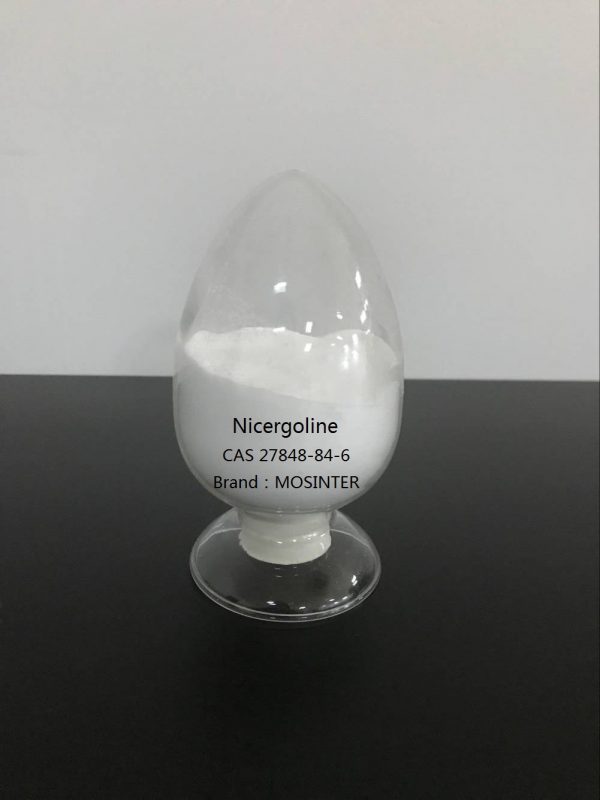
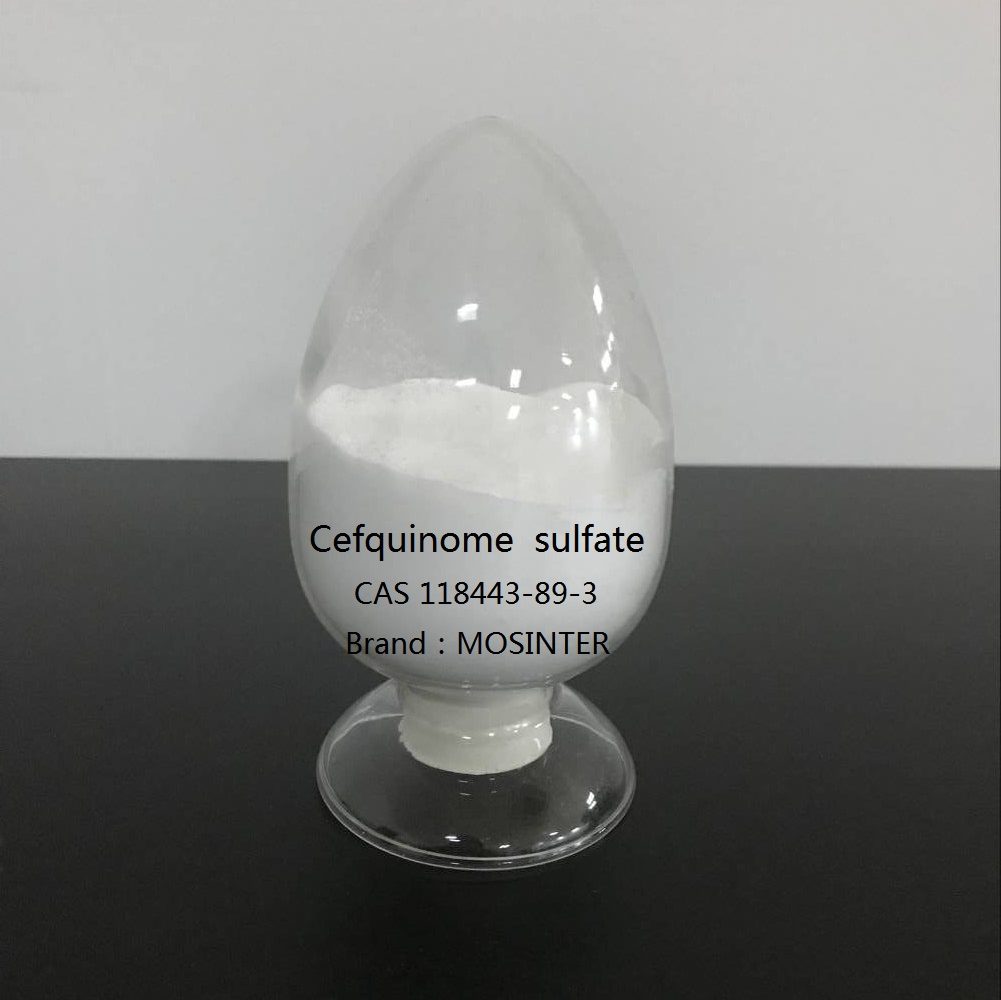
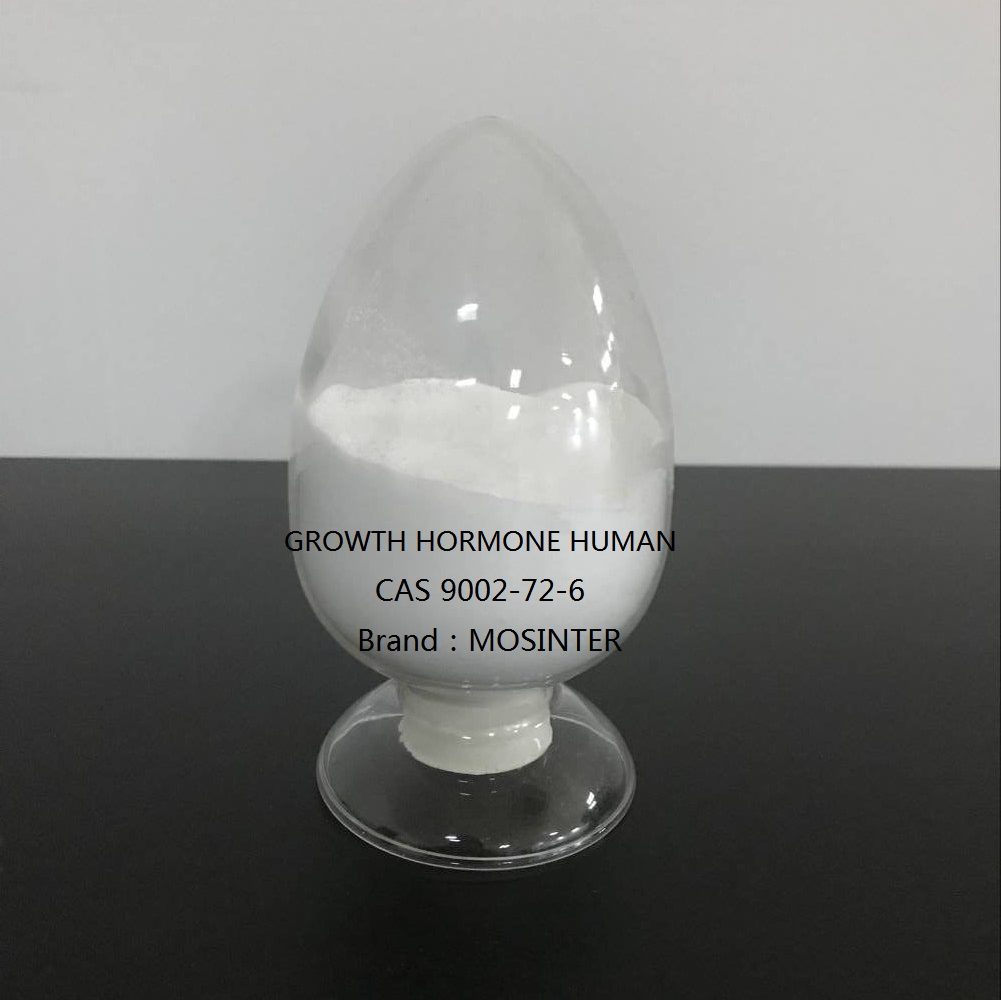
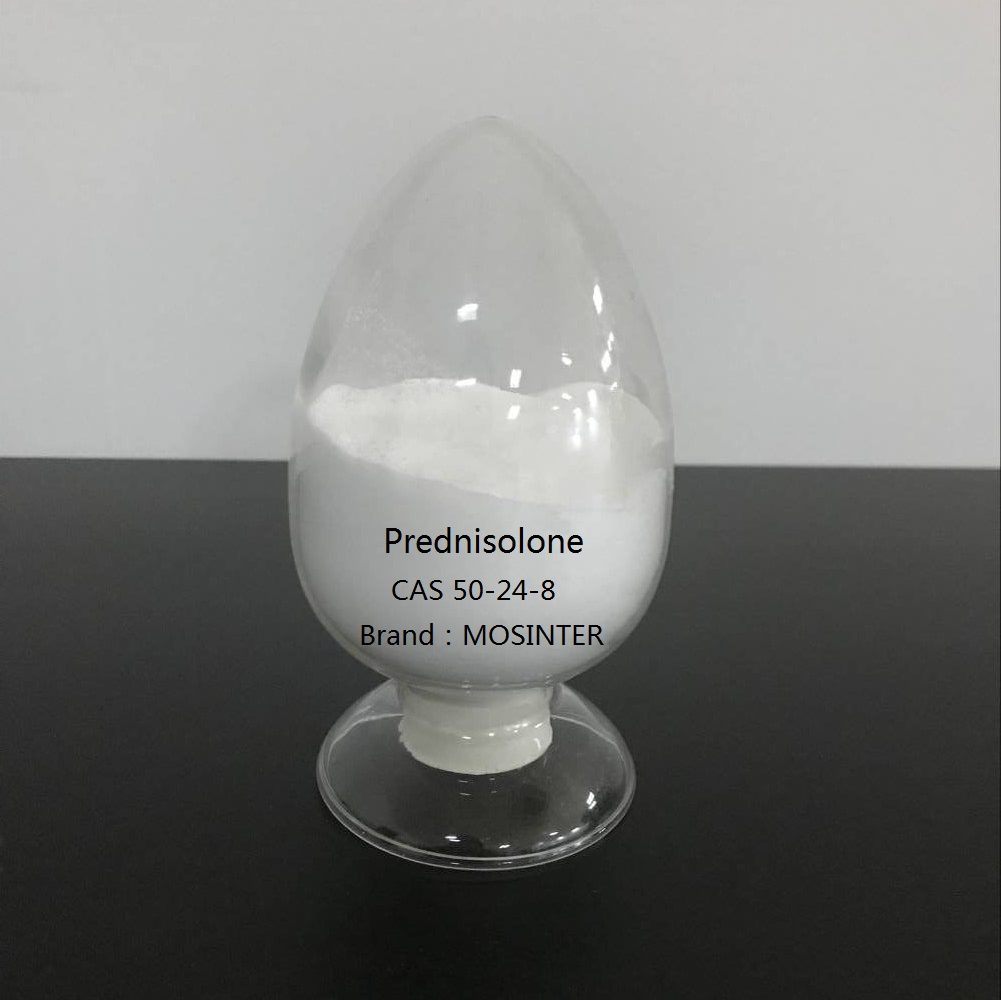
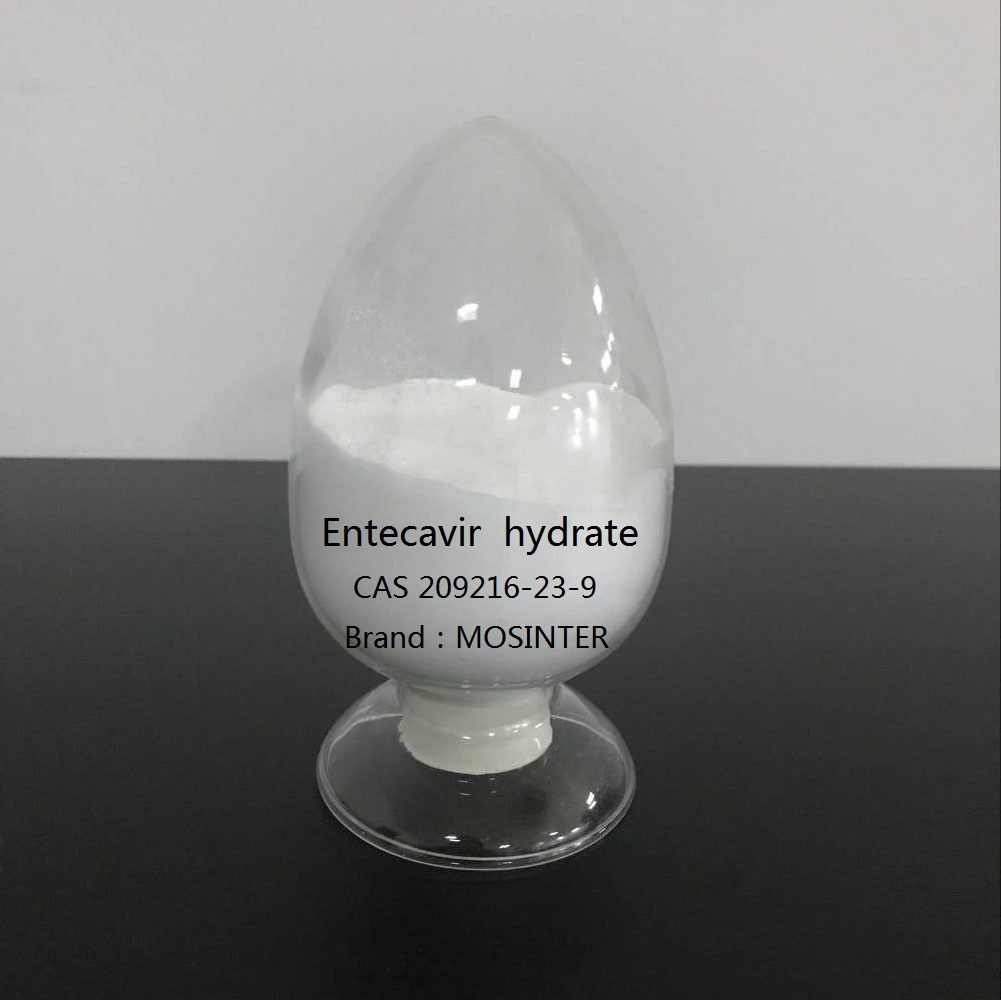
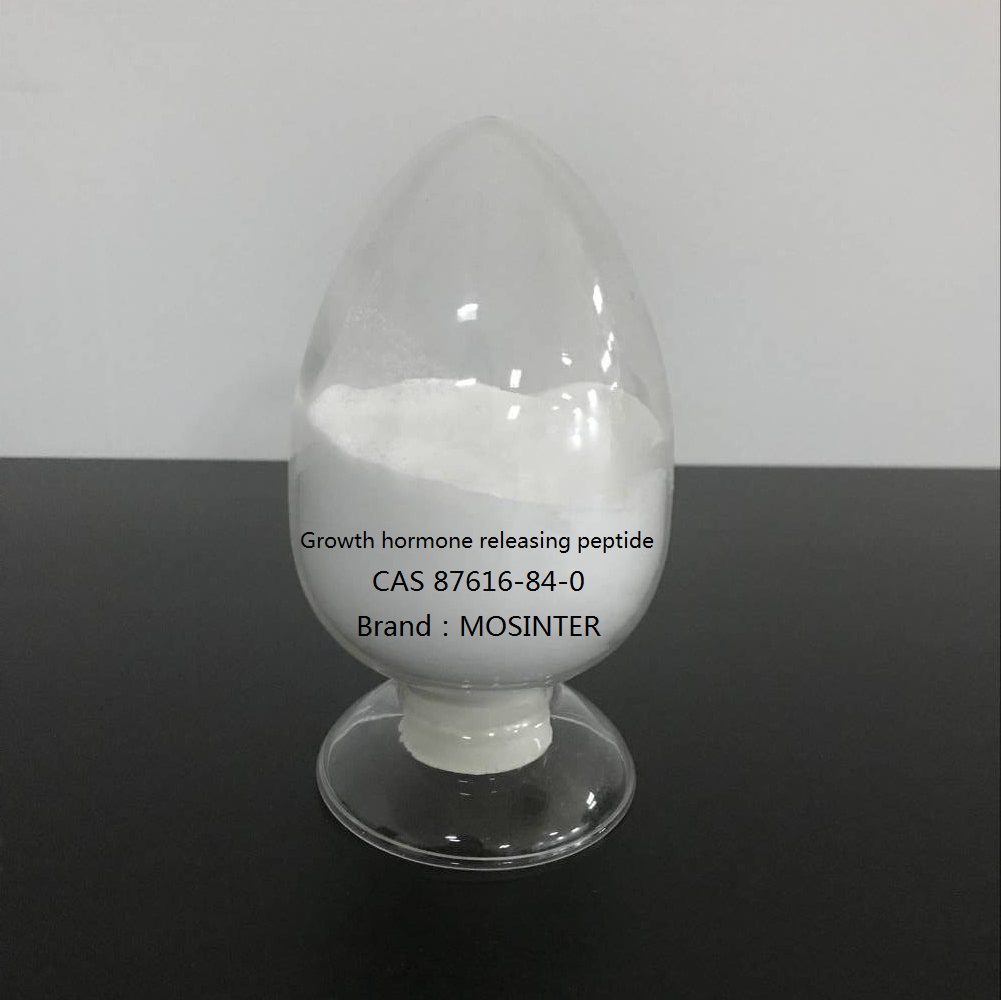
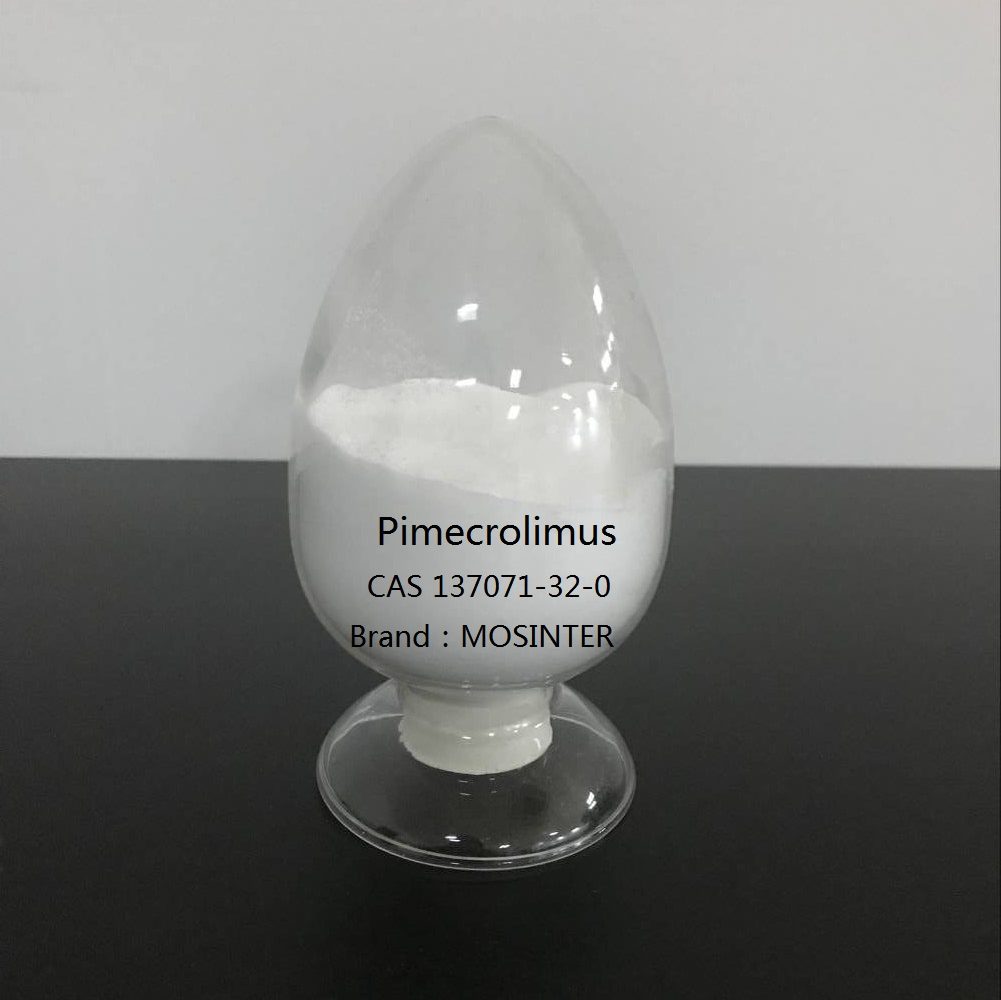
Reviews
There are no reviews yet.